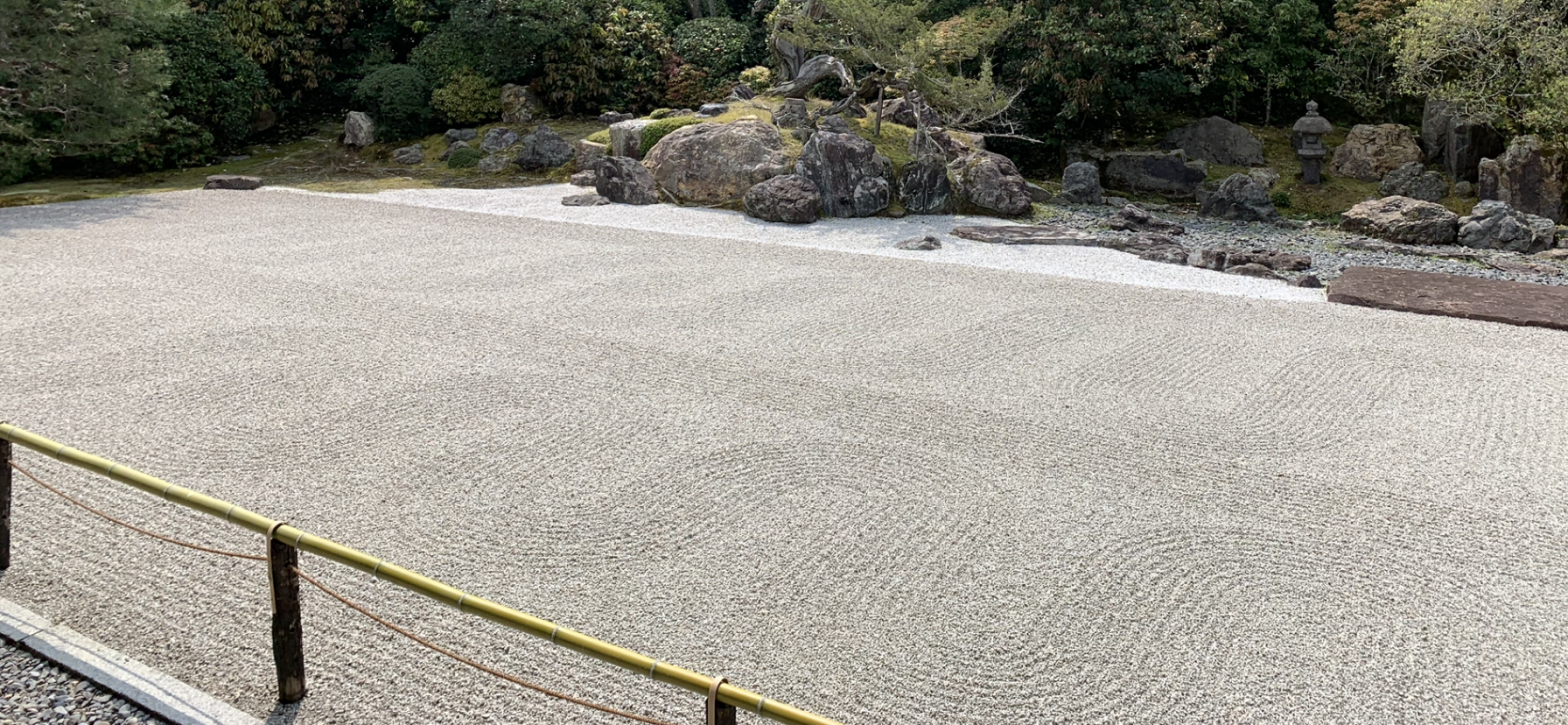There’s a very strict code of conduct associated with being Japanese; they’re the greatest rule followers I’ve ever known. But unless you’ve grown up with these rules, it can be very difficult to a) remember them, or b) notice them in the first place. But I suppose that the good thing about being a foreigner is that you have no idea whether or not you’ve offended people, and the polite Japanese are unlikely to say anything to you.
My first mistake last week was when I accidentally pushed the emergency alarm button instead of the flush button in the public loos at the station –

I realised my mistake as soon as the alarm sounded, and my initial reaction was to rush off immediately – but the problem was that I couldn’t find the flush button. I know that toilet etiquette states that leaving behind any evidence whatsoever of your visit is a heinous crime, and if I’d dashed off without flushing, I would have had to ritually disembowel myself with the nearest sharp implement – probably my Daiso ceramic fruit knife. So I raced around the cubicle randomly pressing every button I could find, until I finally found the flush, just as I heard pounding feet approaching. I opened the door, trepidatiously, and saw a very out of breath railway offical standing outside. I know that the depth of the apologetic bow must match the severity of the crime, so my forehead practically touched the floor as I muttered ‘sumimasen’ (a very useful word for a foreigner, I’ve discovered) and then sidled towards the door as quickly as I could.
Faux pas number two happened as I was enjoying a stroll around the zen gardens of a temple. It was a beautiful, sunny afternoon and I was looking up at the imposing entrance gate –

– when I heard an ominous crunching under my feet. I looked down and discovered that I’d strayed off the path and was walking on the raked garden –

– and had left several footprints in the otherwise perfect design. Having read about the years of training and then hours of toil that go into a zen garden, I dashed away immediately before I could be identified by my footprints.
Then I was supposed to wear this Ku Klux Klan headdress to try on some clothes –

I put it on and took a photo, and then promptly forgot about it while I was trying on the clothes – so I took it away in my handbag in case they could tell that it hadn’t been used while clothes were pulled over my head.
And shoes are another minefield. If you’re Japanese, you automatically know when you have to take your shoes off and when you don’t, but for foreigners it’s a nightmare. No shoes in the fitting room in a clothes shop, no shoes in parts of the pub with matting on the floor, but shoes fine on the wooden floor in pubs, no shoes on wooden floors in temples and shrines – but you have to wear shoes when there isn’t a wooden floor. I wanted to walk across a bit of concrete in my socks to save putting my shoes on for ten seconds and then having to take them off again – but the strict woman in charge of the old merchant house I was visiting wouldn’t let me set foot on the concrete floor without shoes – so I put them on, plodded across the narrow strip of concrete, and then took them off again.
There are also special bathroom slippers that you put on to use the loo in temples, museums, public baths etc – and apparently Japanese people also have them in their homes.

When you wear them, you must always take them off backwards so that they’re facing the right way for the next person to slip them on when they arrive – AND – the worst possible thing you can do is to go back into the public area still wearing these shoes – it’s the Japanese equivalent of having your zip undone and a wodge of damp toilet tissue sticking out of it, or trailing an incontinence pad across the floor behind you, that’s caught in the bottom of your tousers.
I think I’ve got away with it so far, as I’ve always realised before I got anywhere too public, and scuttled back along the corridor to take them off again. But I know that shoe etiquette is not in my DNA, and the time will come when I’m publicly shamed. Hopefully I won’t understand the scandalised comments, as I have no idea what the Japanese for ‘uncouth’ or ‘brazen’ is, but I do know that ‘Gaijin’ is a derogatory term for foreigners, so I expect I’ll hear that.
